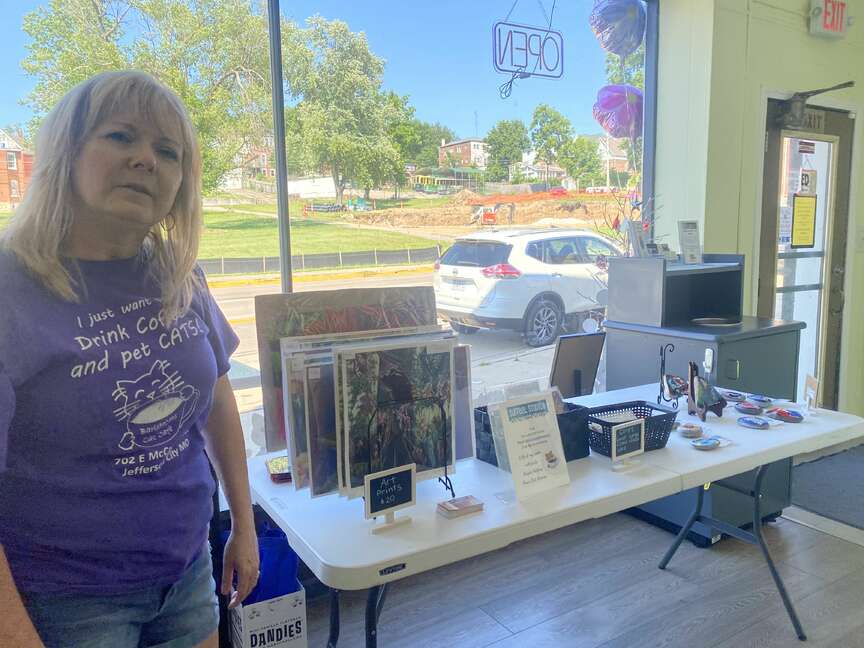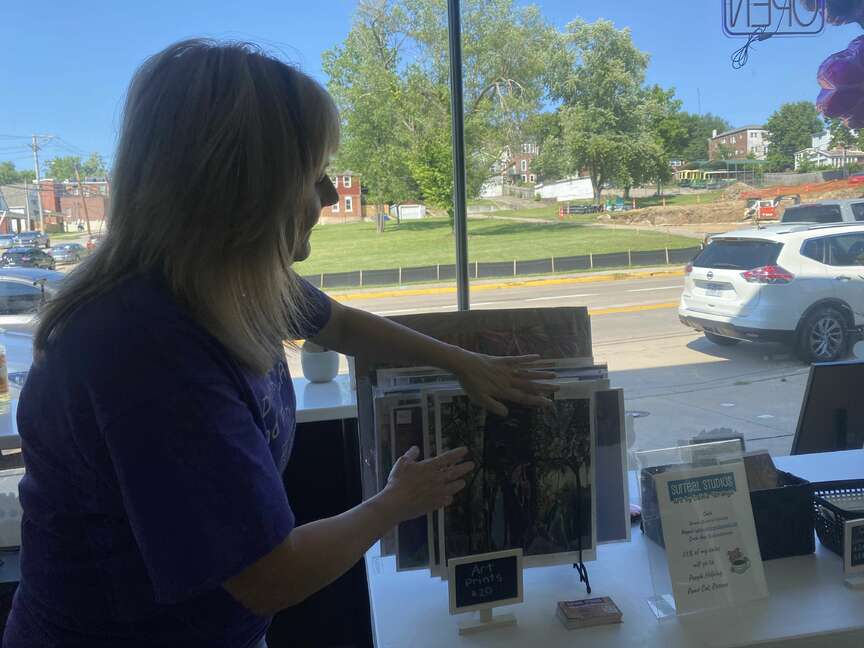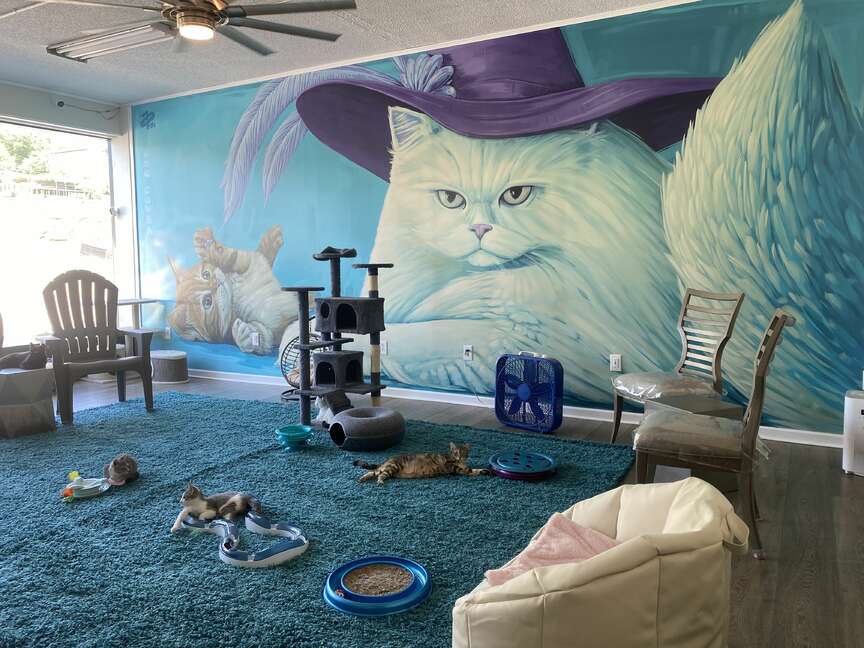Missouri will enter the new fiscal year July 1 with a near-record cash surplus as state spending falls short of budgeted amounts and revenues meet expectations.
Meeting revenue expectations won’t, however, be enough to trigger an income tax cut dependent on revenue growth, said Jim Moody, a former state budget director.
“My view is, best case, they end up probably around the last year’s revenues, which would not trigger it,” said Moody, who is also a retired lobbyist who advised clients on state fiscal issues and tax matters.The state took in $13.2 billion in general revenue in the year that ended June 30, 2023. Through Thursday, general revenue receipts were down 0.35% for the current fiscal year — the estimate is for a decline of 0.7% — while a tax cut would occur if revenues increased by $200 million or more.
Gov. Mike Parson must act on the $51.7 billion budget approved by lawmakers before the new fiscal year begins July 1. And while the large surplus and steady revenues mean every item can be funded, Parson last year vetoed $550 million in spending items he said jeopardized the state’s long-term fiscal health.
And Parson may call lawmakers back to add new spending before his term expires in January. If the budget fails to adequately fund state operations, Parson said at a news conference in May that he would not leave it to his successor to fill in the gaps.
And at the first meeting of the State Board of Education after the budget was approved, board President Charlie Shields predicted that the department would need the “mother of all supplemental budgets” to make it through the year.
At the end of May, the state general revenue fund held $4.9 billion, with other funds that could be spent without restriction adding almost $1.9 billion. On July 1, 2023, the general revenue surplus stood at $5.1 billion, the largest in state history.
The general revenue balance is about $1.7 billion more than Gov. Mike Parson’s January budget proposal anticipated would be left on June 30. And while there are some big items left to fund in the current budget – a $300 million transfer to an account for expansion of the Capitol Building being the largest – the balance is unlikely to change dramatically in the final month of the fiscal year.
A large part of the additional surplus is likely due to unspent funds due from staffing shortages across state government. During fiscal year 2023, state agencies only used 87% of the payroll hours allocated in the budget. That helped keep general revenue spending $608 million below budgeted amounts.
The almost flat revenue growth masks changes in the mix of revenues. Sales tax revenues are up more than 9% for the year, while income taxes receipts have declined about 3%. In just the past two years, as income tax cuts have kicked in, the share of general revenue coming from sales tax has increased from $1 out of every $5 to $1 out of every $4.
There are several factors driving growth in sales tax, Moody said.
The first is inflation, both in wages and prices, he said. Adult use marijuana is a market of more than $1 billion annually and sales tax claims 3% of that amount for general revenue.
The state began collecting tax on goods sold through the internet last year, and there is some residual spending of COVID-19 relief funds.
If Parson approves all the spending in the budget plan on his desk, it will consume about $2 billion of the accumulated surplus. If that continues into future years, Moody said, the surplus won’t last until the next recession.
“It’s been 15 years since we had a recession,” Moody said. “So nobody thinks that things can go down.”
This story was originally published by The Missouri Independent, part of the States Newsroom.






